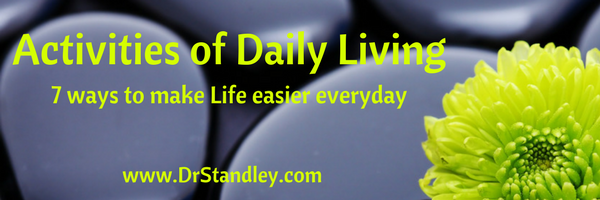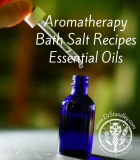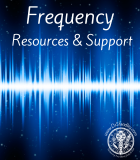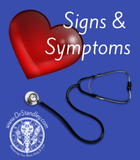
|

|
MORE ADLs
| January ADLs |
|
|
 |
|||||||||

Activities of Daily Living (ADLs) is a real term used in healthcare that refers to daily basic self-care activities in an individual's residence, outdoor environment or both. The ability or inability that an individual performs their ADLs is a measure of the functional status of the individual, particularly the injured, those with disabilities and the elderly. Very young children require assistance from adults to perform ADLs since they have not yet developed the skills necessary to perform ADLs on their own. Basic ADLs (bADLs) are the things we normally do such as bathing, dressing, feeding ourselves, functional mobility, personal hygiene and grooming. Instrumental ADLs (iADLs) are things such as housework, money management, preparing meals, shopping and work. Sometimes it is necessary to review the rules of kindergarten to remember how to be nice to others and use Good manners. And sometimes we just need to go back to the basics of the 'Activities of Daily Living' in order to take better care of ourselves and start living Life rightly. Below you will see 7 simple activities to accomplish at some point during the day all under the motivation of the the daily mentation question below. You have 24 hours to get through this question along with the 7 activities. READY? SET? GO!  How committed am I?
 Choose two (2) of the 'Vitamin F - EFAs' foods below DESCRIPTION: Essential fatty acids (EFAs) cannot be made by the body and have to be supplied through nutrients. These EFA's are also known as unsaturated fatty acids or polyunsaturated fatty acids. They are often advised to patients from doctors to lower cholesterol levels, blood pressure levels and reduce strokes and heart attacks. FOOD SOURCES: Omega-6 fatty acids: almonds, avocado, bee pollen, fruits, garlic, ginger, licorice root, nuts, olive oil, oranges, parsley, peanuts, pecans, root vegetables, seeds, spinach, spirulina, all kinds of sprouts, sunflower seeds, vegetable oil, wheatgerm, wheat, wheatgrass and grains. Omega-3 fatty acids: these are hard to find in the diet . . . deep-green vegetables and fish oils, flax see, hemp seed, pumpkin seed, canola, soybean, walnuts, wheatgerm, chia, kukui (candlenut)
DISCLAIMER **This web site's goal is to provide you with information that may be useful in attaining optimal health. Nothing in it is meant as a prescription or as medical advice. You should check with your physician before implementing any changes in your exercise or lifestyle habits, especially if you have physical problems or are taking medications of any kind. |
| 314.420.5099 |
| Questions regarding this site: webmaster@drstandley.com |
| Copyright 1999-2026: Dr. Loretta J. Standley - All Rights Reserved. |




































